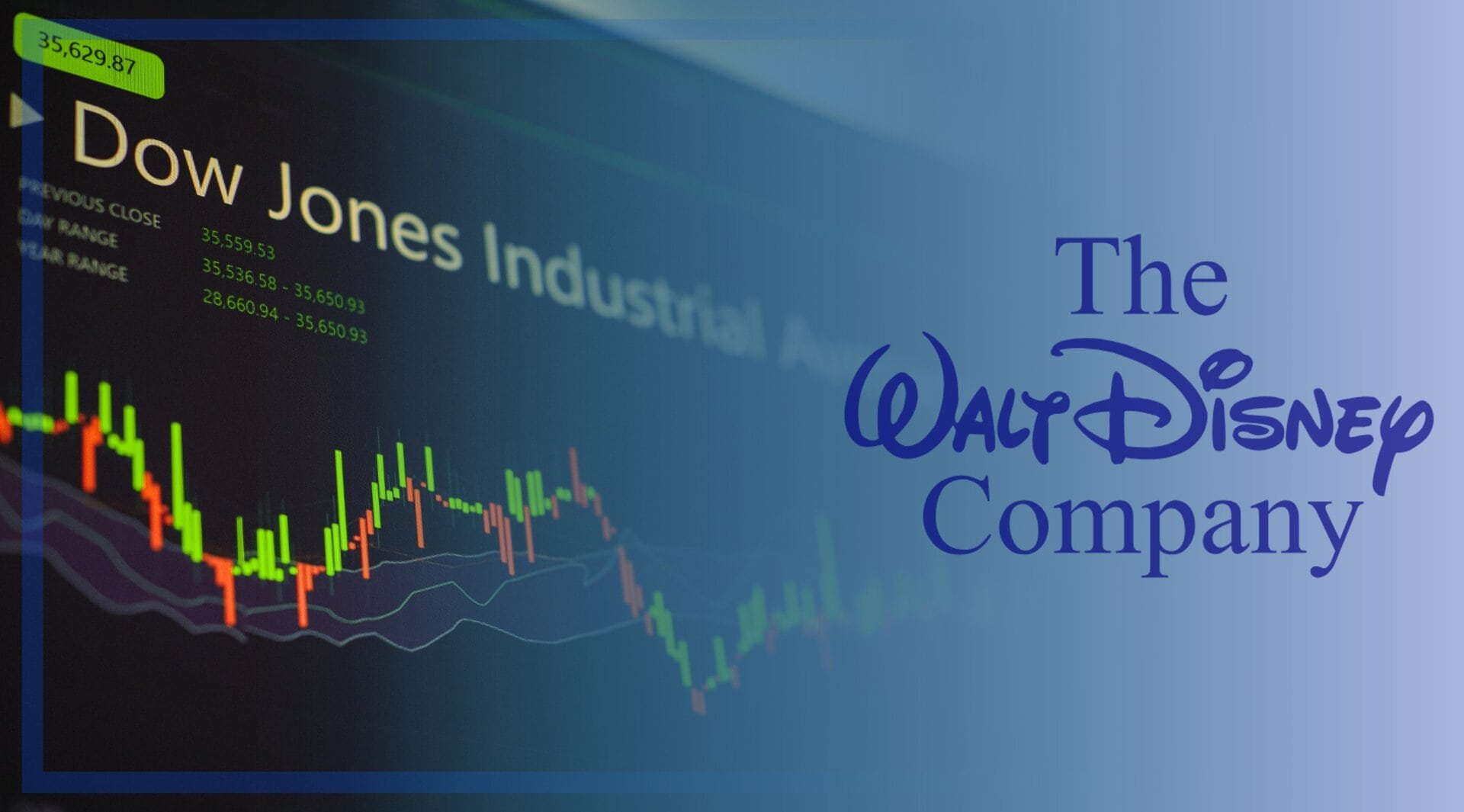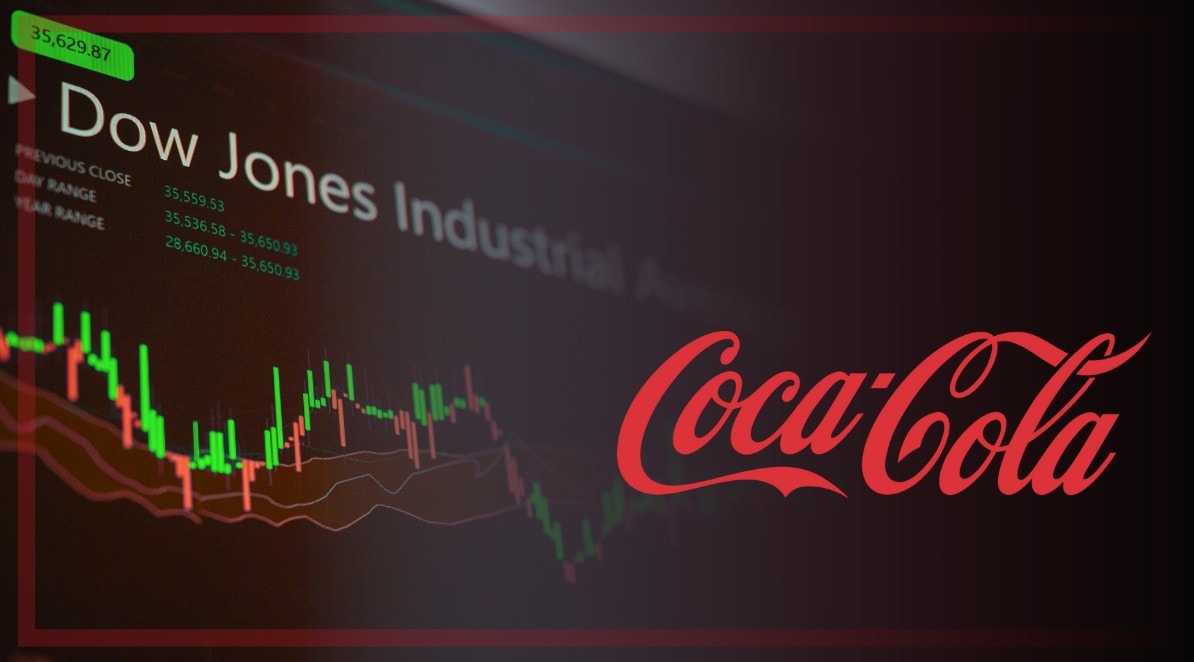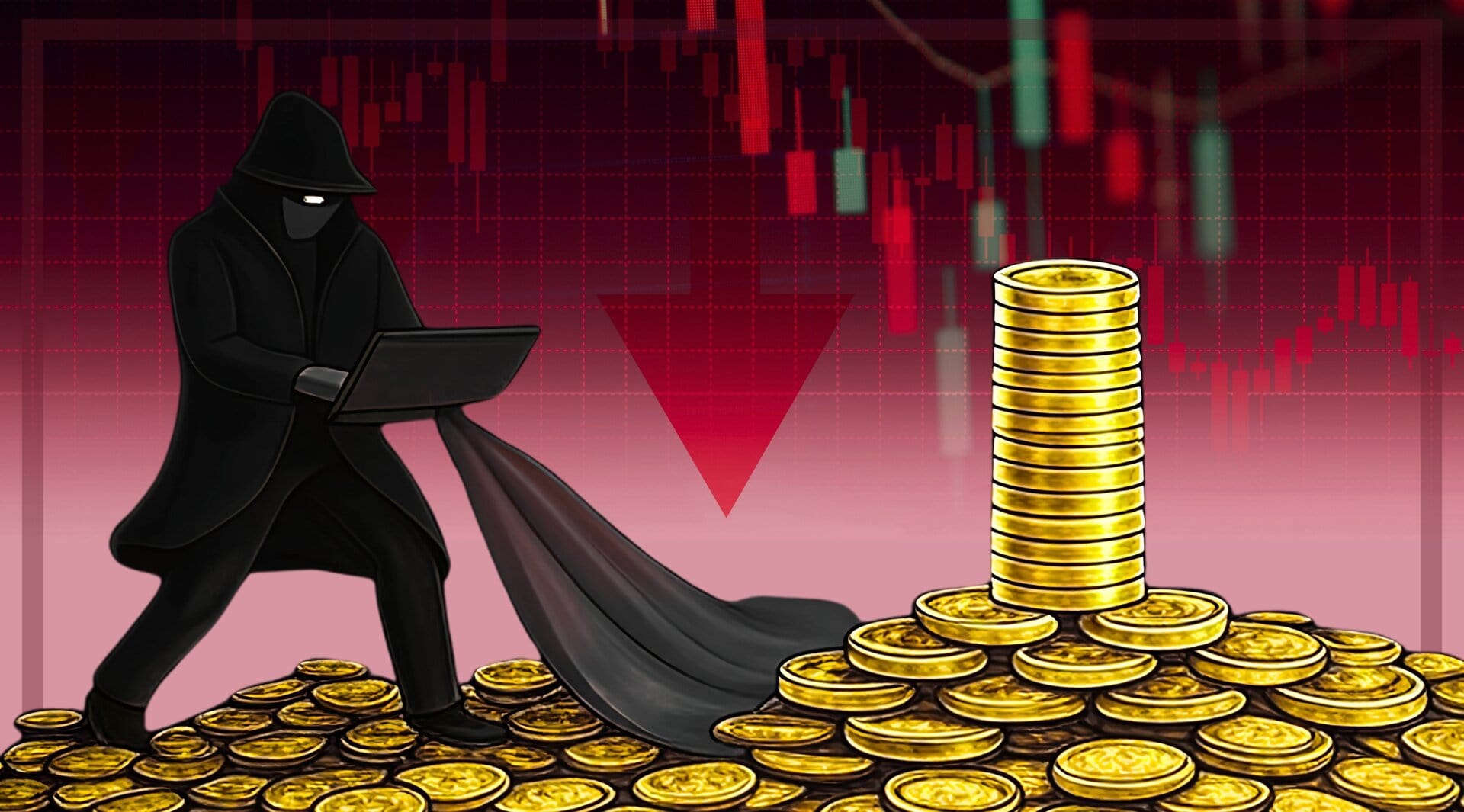As the COVID-19 Black Swan continues to roil markets, traders brace for a return to the volatile days of ’01 and ’08 as the disruption claims its first corporate victim: Flybe.
An emergency 50 BPS rate cut by the Federal Reserve on Tuesday did not help the equity markets as much as could have been hoped, with the DJI actually dropping 15 minutes after the announcement (the first since ’08) was made.
“The magnitude and persistence of the overall effect on the U.S. economy remain highly uncertain and the situation remains a fluid one,” Fed chair Jay Powell conceded in remarks to the press.
Other central banks have also made overtures that they will be providing increased liquidity to the market to support markets and business, the Reserve Bank of India proving their point by seizing struggling lender Yes Bank today. But with record low interest rates across the world already in place, many are concerned that the ammunition is lacking.
One possibility of the aftermath of this business cycle end may be widespread negative interest rates.
Most stock markets are in the red, with the FTSE down 2% in todays trading as traders try to ascertain whether this is just a correction or the beginning of a bear market.
Although some stocks have done remarkably well, specifically those that provide ‘in-door’ services such as the corporate video call provider Zoom and a number of pharma equities, the fear is palpable.
[do_widget id=custom_html-17]
Safe Havens Gold ($1687) and Bitcoin ($9150) are trading higher this week, with the former at 7-year highs, having registered 6.3% gains in last seven days. Goldman Sachs analysts have set a $1800 price target for the next three months.
BTC has risen 5.6% this week and looks set to clock more gains the closer the security comes to its next halving. A technical price indicator of a golden cross on the 200 and 50 SMAs shows a strong buy signal.
U.S. 10 Year Treasury Note yield has dipped below 0.8% today as the search for risk-off assets intensifies and investors pile into government-issued bonds.
The VIX or ‘fear index’ is trading at multi-year highs (up 185% this month), having not been this high since the 2015 Greek debt crisis.
[do_widget id=custom_html-18]
With the COVID-19 spreading to more than 80 countries, infecting more than 100,000 and bearing thousands of fatalities, a number of countries seem poised to enter a recession, having already been beaten down by trade wars in the past two years.














One Response